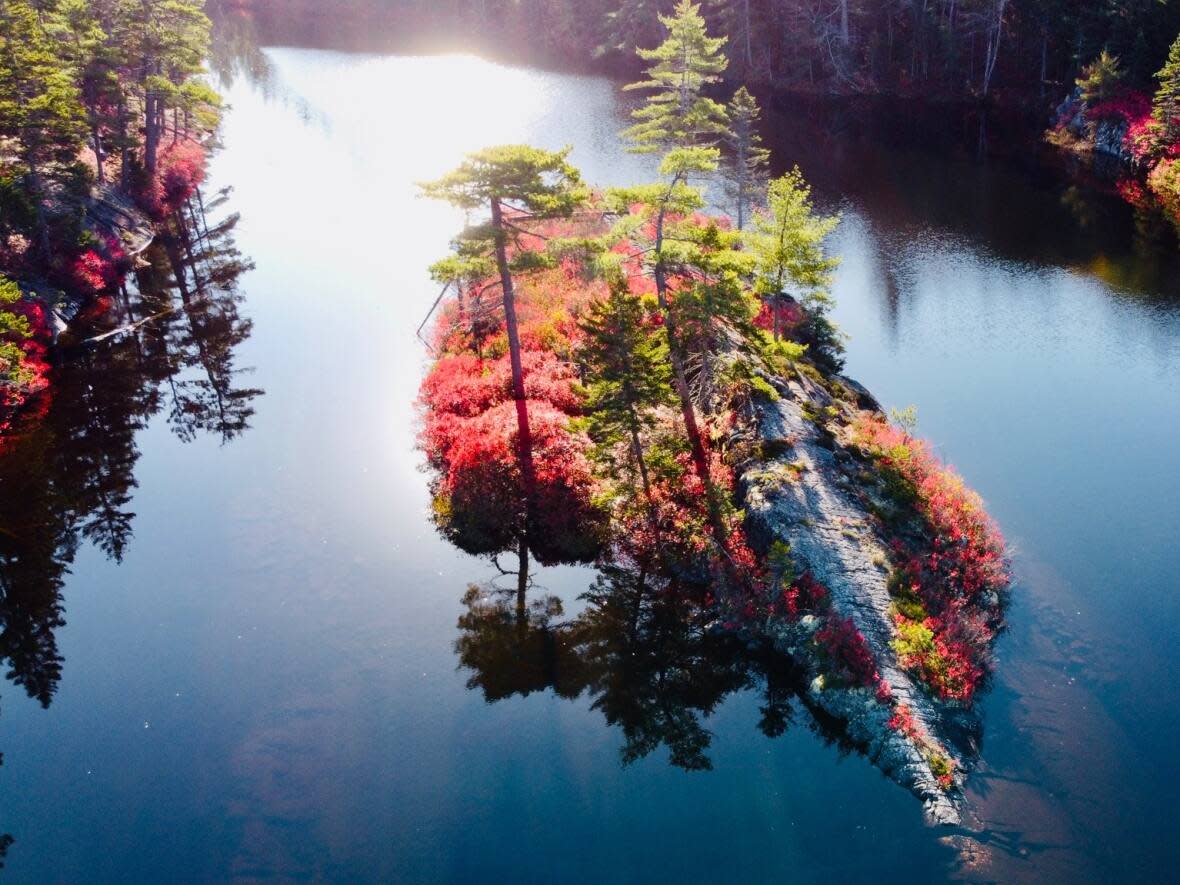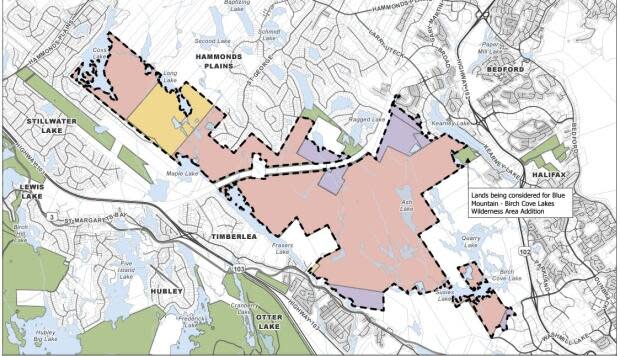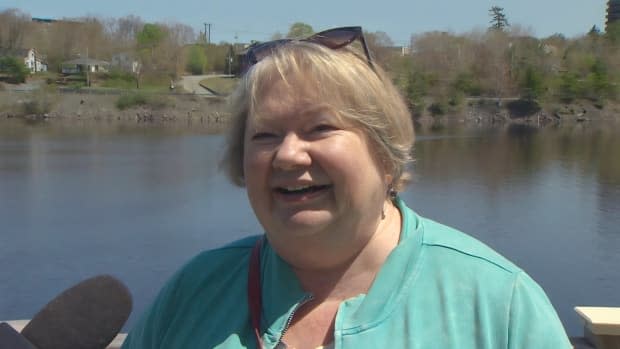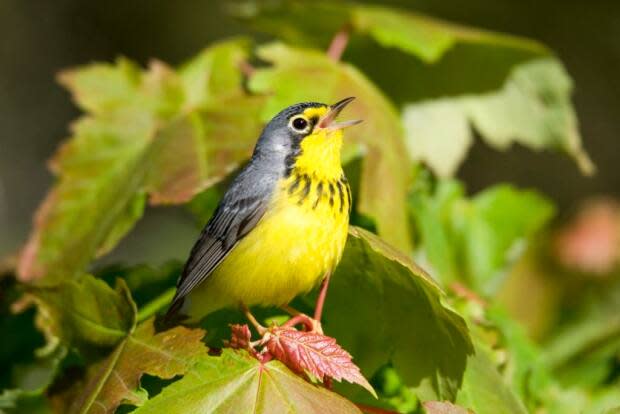Proposed Halifax national urban park enters planning phase

Halifax is officially a step closer to getting the country's second national urban park, but ongoing development pressure in the area is concerning advocates.
The federal government shared details Tuesday of more than $2.1 million investment from Parks Canada for the planning phase of Blue Mountain-Birch Cove Lakes.
"I feel like the snowball crested the hill and it's now gaining momentum down the other side," Mary Ann McGrath, chair of Friends of Blue Mountain-Birch Cove Lakes, told reporters after the announcement at the Maskwa Aquatic Club.
The funds — mostly going to the Halifax Regional Municipality (HRM) and about $600,000 to the province and Nova Scotia Nature Trust — will be used to study species at risk, for public consultation, and the design of trails, access points and park borders.
McGrath and the Friends have been pushing for the Blue Mountain area to become a park for years, and Halifax had started planning to have the area made a regional park when the national process came along.
"The faster Halifax grows, the more space it needs for peace and quiet," McGrath said. "I think that's an amazing gift to give to the city of Halifax and to the province of Nova Scotia."
Darren Fisher, Liberal MP for Dartmouth-Cole Harbour, told the crowd this is a "generational opportunity" he has also been lobbying for in Ottawa for years.
"I know we're not at the finish line yet but I really feel like screaming, 'We did it,'" Fisher said.

The area for the proposed national urban park in Halifax includes 2,304 hectares centred around the Blue Mountain wilderness area, and lands managed by the city and Nature Trust, dubbed the "partnership lands." Mi'kmaw representatives from Kwilmu'kw Maw-klusuaqn (KMK) and Sipekne'katik First Nation are also part of the planning process.
But McGrath said while she's excited to see things moving along, more land is needed along the edges of the current planned area to "keep the thing environmentally sound and safe."
A big piece of neighbouring private land that park supporters would like to see protected is a 390-hectare block owned by the Annapolis Group. That group is currently taking Halifax to court after years of the city refusing to approve developments on their lands in that area.
"It's a constant concern," McGrath said about the future of the Annapolis lands around Susie's, Quarry and Birch Cove lakes.

McGrath said the Friends are still "hopeful" there could be some resolution with Annapolis, and are also regularly meeting with other surrounding landowners. She said their message is that appropriate development could still happen nearby while preserving a "wonderful legacy" in the proposed park.
"I love living at the edge of this thing. All kinds of people love living at the edge of this thing. There's a way to do anything — but you have to all talk and you have to all listen," McGrath said.
HRM has been acquiring some small pieces of land around the park, according to a staff report before council on Tuesday. They include a parcel near Bayers Lake Business Park where a trailhead could go one day and near Hobson Lake where work is nearly done on a parking lot and trailhead.
Mayor Mike Savage said during the Tuesday announcement that while park planning is "a little bit tricky" when you don't own all the land, municipal staff are continuing to work hard on the project.
"There's complications to it but I'm very confident we're going to get where we need to get," Savage said.

Blue Mountain could be just the second of its kind in Canada, behind Rouge National Urban Park in the Toronto area. The new federal program aims to invest in parks that showcase conservation, connecting people with nature, and reconciliation with Indigenous peoples.
The public will get a chance to weigh in on the park plan over the next year.
After that, Parks Canada will decide whether or not to move ahead with designation. The fourth and final step would be implementation.
MORE TOP STORIES


